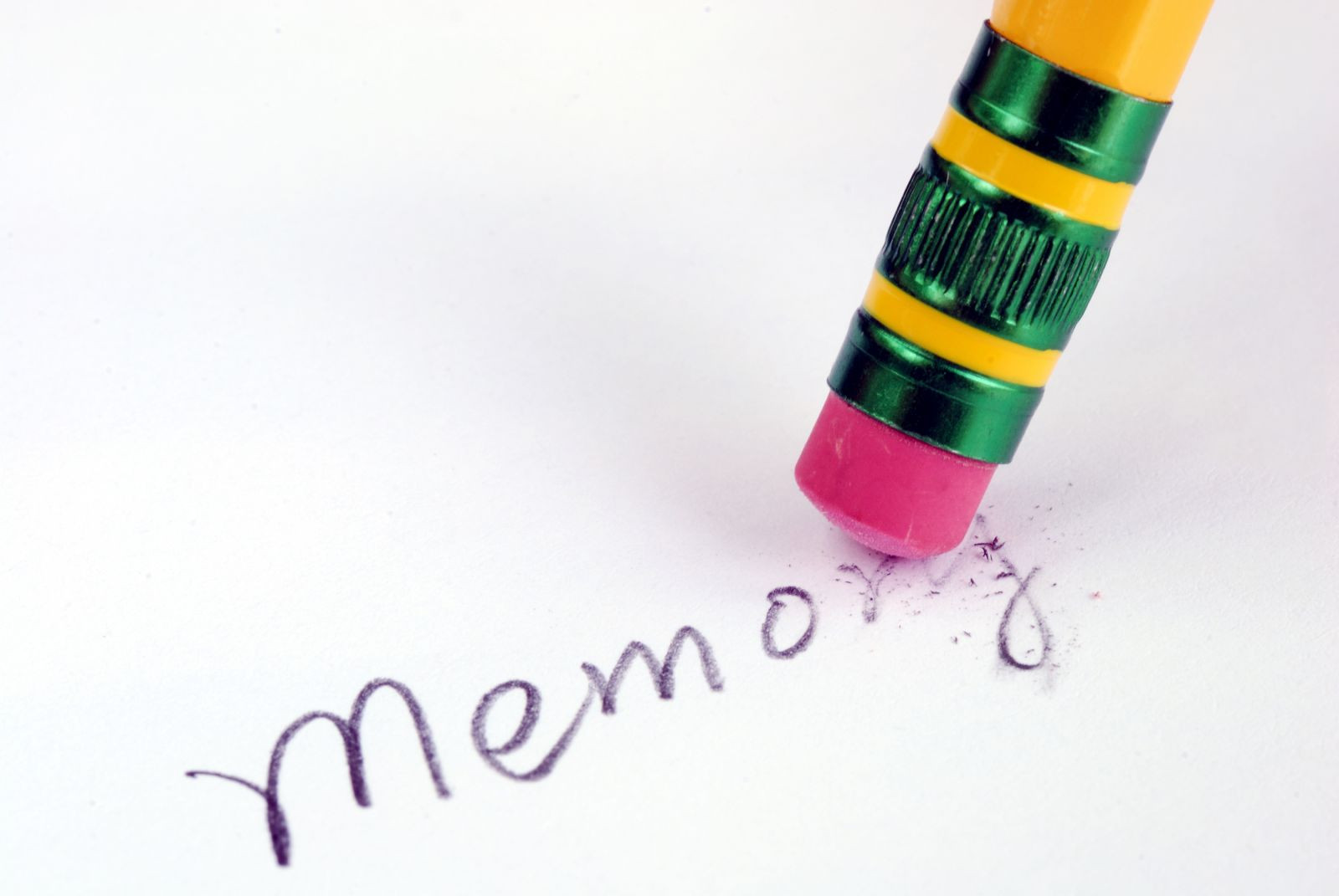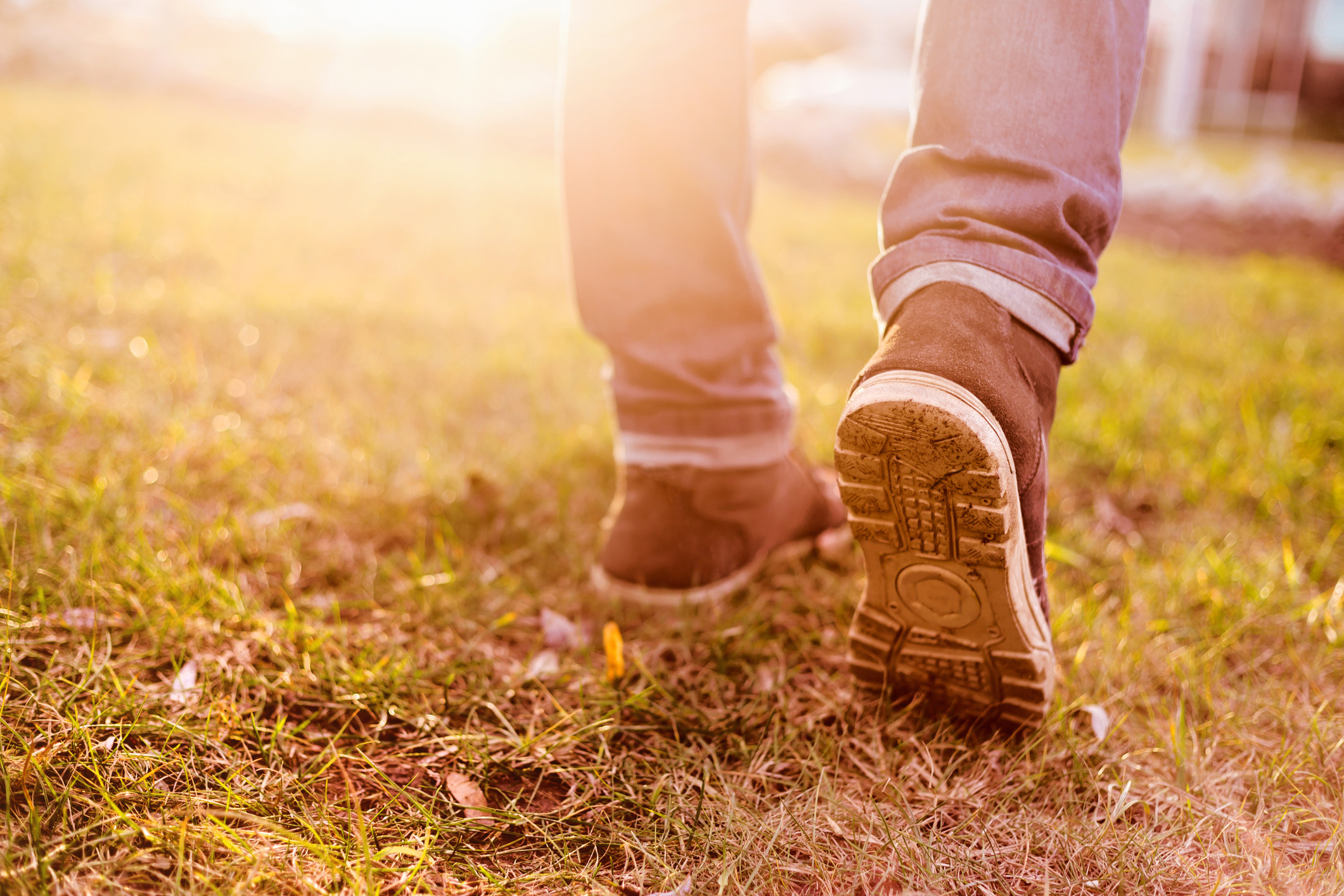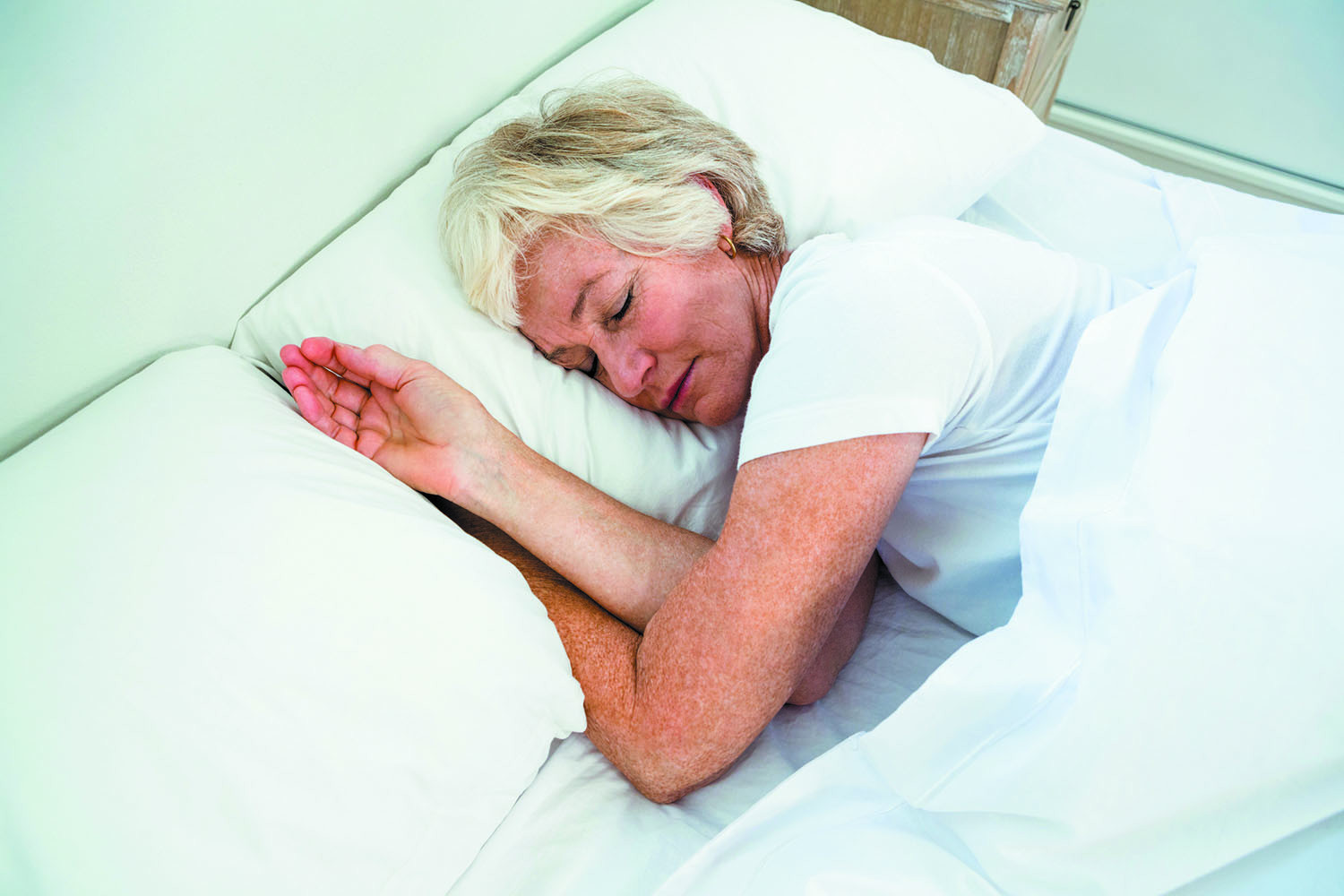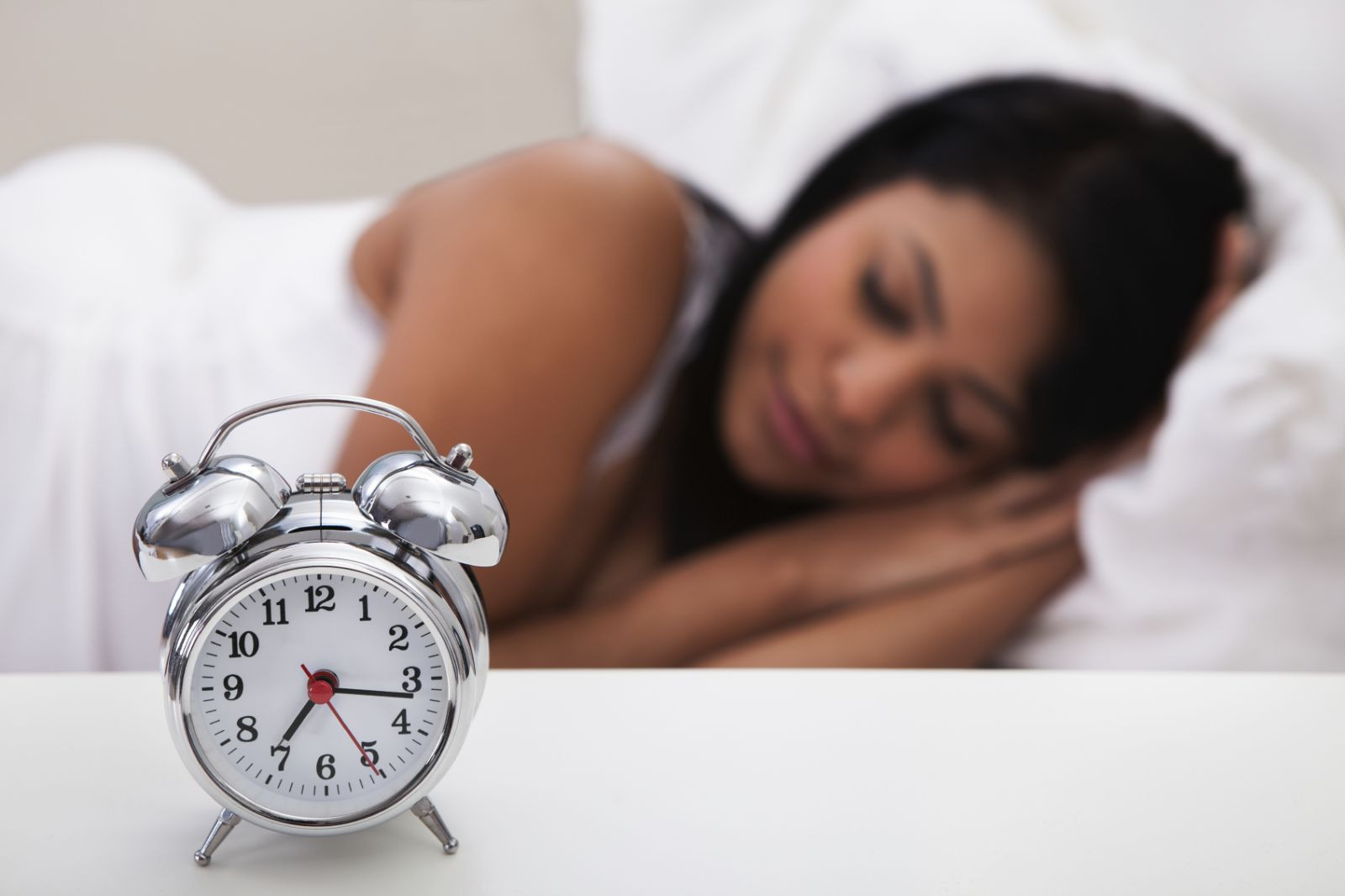
5 timeless habits for better health

What are the symptoms of prostate cancer?

Is your breakfast cereal healthy?

When pain signals an emergency: Symptoms you should never ignore

Does exercise give you energy?

Acupuncture for pain relief: How it works and what to expect

How to avoid jet lag: Tips for staying alert when you travel

Biofeedback therapy: How it works and how it can help relieve pain

Best vitamins and minerals for energy

Should you take probiotics with antibiotics?
Staying Healthy Archive
Articles
How memory and thinking ability change with age
Scientists used to think that brain connections developed at a rapid pace in the first few years of life, until you reached your mental peak in your early 20s. Your cognitive abilities would level off at around middle age, and then start to gradually decline. We now know this is not true. Instead, scientists now see the brain as continuously changing and developing across the entire life span. There is no period in life when the brain and its functions just hold steady. Some cognitive functions become weaker with age, while others actually improve.
Some brain areas, including the hippocampus, shrink in size. The myelin sheath that surrounds and protects nerve fibers wears down, which can slow the speed of communication between neurons. Some of the receptors on the surface of neurons that enable them to communicate with one another may not function as well as they once did. These changes can affect your ability to encode new information into your memory and retrieve information that's already in storage.
Setting the stage for sounder sleep
Sleeping less doesn't have to be a consequence of growing older. A few adjustments to your sleep habits can help you sleep longer and better.
Image: © Wavebreakmedia/Thinkstock
If worries that you're not getting enough sleep are keeping you up at night, it's little wonder. A steady stream of reports has linked inadequate sleep to cognitive decline. Studies have also shown that people with sleep debts accrued by consecutive nights of sleeping too little are at higher risk of cardiovascular disease, depression, diabetes, high blood pressure, and weight gain.
Sleep is essential to good health, and not just because it knits up the raveled sleeve of care. It restores physical and mental performance, immune function, and metabolism. But how much sleep is necessary for those functions? It varies from person to person, says Dr. Elizabeth Klerman, a physiologist and physician at Harvard-affiliated Brigham and Women's Hospital who studies sleep.
Successful aging: 10 tips for better sleep
Getting enough good-quality sleep is essential to staying healthy and aging well. Certain sleep problems — for example, sleep apnea — require medical treatment. But these 10 simple steps can help you overcome general sleep difficulties, including insomnia.
- Stick to a consistent sleep schedule and routine. Go to bed at the same time each night and wake up at the same time each morning. A set sleep routine will "train" you to fall asleep and wake up more easily.
- Use the bed only for sleep and sex.
- Cut down on caffeine. For some people, a single cup of coffee in the morning means a sleepless night. Caffeine can also increase the need to urinate during the night.
- Be physically active. Regular aerobic exercise like walking, running, or swimming provides three important sleep benefits: you'll fall asleep faster, attain a higher percentage of restorative deep sleep, and awaken less often during the night.
- Limit daytime naps. Prolonged napping can disrupt your natural sleep cycle and prevent you from feeling tired enough to fall asleep.
- If you use tobacco in any form, quit. Nicotine makes it harder to fall asleep.
- Use alcohol cautiously. Alcohol depresses the nervous system, so a nightcap may help some people fall asleep. But this effect disappears after a few hours and may even lead to waking up throughout the night. Alcohol can also worsen snoring and other sleep breathing problems.
- Improve your sleep surroundings. Remove the television, telephone, and any other devices from the bedroom. This reinforces the idea that this room is meant for sleeping. An ideal environment is quiet, dark, and relatively cool, with a comfortable bed and minimal clutter.
- If you're still awake after about 20 minutes in bed, get up and read awhile to relax. Otherwise, you'll set yourself up for tossing and turning.
- Try to avoid taking sleeping pills. If you do take a prescription sleep medicine, work with your doctor to use it effectively and for as short a time as possible.
For more ways to get better-quality sleep and tackle common sleep problems, buy Improving Sleep: A guide to a good night's rest, a Special Health Report from Harvard Medical School.
Six healthy snacking strategies
How can you keep snacking from derailing your healthy eating program, not to mention weight control? Try these tips.
Don't skip meals. Skipping meals may seem like a good way to cut calories, but in fact this just makes you so hungry later in the day that you're vulnerable to devouring mega-portions of snack food, in order to supply your body with easily digested sugars.
What to do about mercury in fish
Fish is an excellent source of protein, and its healthy oils protect against cardiovascular disease. Because a diet rich in seafood protects the heart and aids neurological development, fish remains an important component of a healthy diet.
However, nearly all fish and shellfish contain traces of mercury, a toxic metal, and some seafood contains other contaminants known as persistent organic pollutants (POPs). As small fish are eaten by larger fish up the food chain, concentrations of mercury and POPs increase, so that large, predatory deep-ocean fish tend to contain the highest levels. That makes it best to avoid eating large fish, such as shark, swordfish, tilefish, and king mackerel. As long as you avoid these higher sources of mercury, the benefits of eating fish far outweigh the risks of mercury in fish.

5 timeless habits for better health

What are the symptoms of prostate cancer?

Is your breakfast cereal healthy?

When pain signals an emergency: Symptoms you should never ignore

Does exercise give you energy?

Acupuncture for pain relief: How it works and what to expect

How to avoid jet lag: Tips for staying alert when you travel

Biofeedback therapy: How it works and how it can help relieve pain

Best vitamins and minerals for energy

Should you take probiotics with antibiotics?
Free Healthbeat Signup
Get the latest in health news delivered to your inbox!
Sign Up











